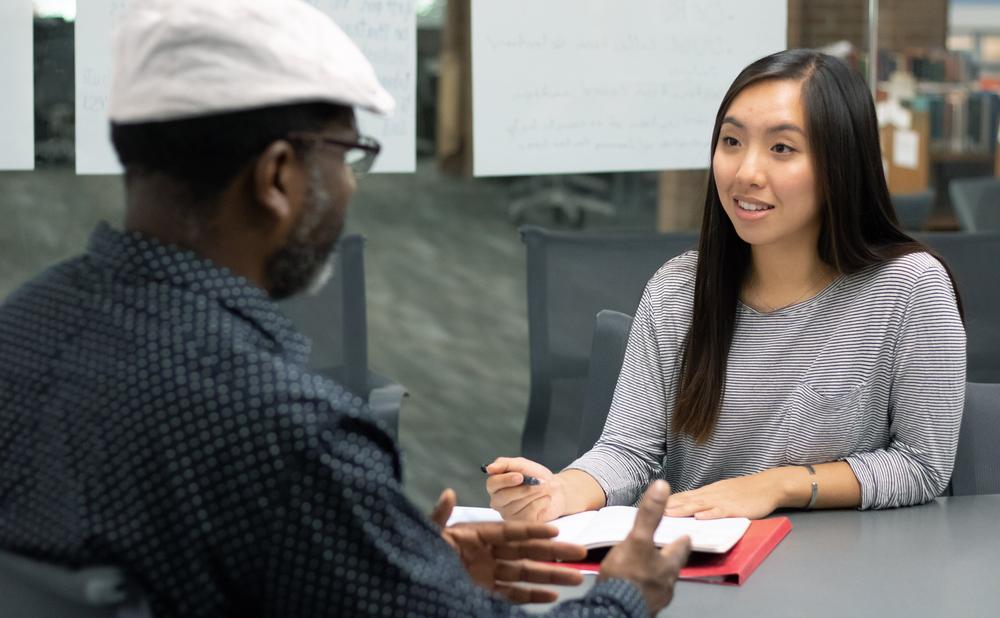Talking with people who are currently working in the field you are interested in helps you gain a better understanding of an occupation or industry. And it helps you build a network of contacts in that field, which can lead to a job. These talks are called informational interviews or career conversations.
Informational interviews are an informal way for you to learn about company culture, day-to-day tasks of a job, and career paths, and give you valuable practice for an actual job interview. Even if there are no open positions currently, there could be at some point. So treat the informational interview as if there's a job on the line. The key is to prepare, so follow the tips below.
Step 1. Schedule
- Use your network to identify people who might be open to an informational interview. Alumni are usually happy to help. Friends or family might also be able to provide you with contacts.
- You can call, email, or write a letter to request an informational interview. Ask for 20 minutes of your contact’s time, and remember you are not asking for a job, just information!
For example: “Hello, my name is Jamie and I am a sophomore at UW Seattle majoring in Business; I found your name and contact information on the Husky Career Network. I am exploring a career path in your area of expertise and was wondering if you had 20 minutes to talk to me about your job as a financial analyst. I would like to learn more about your job, career path, company, and the future of the industry as you see it.”
Step 2. Prepare
- Do your research on the company, industry, and career field. Think about what you want to learn from the interview.
- Come with a list of questions (.docx file) you want answered.
- Bring with you your resume and something for taking notes.
- Dress appropriately, make a good first impression. You never know where your interview may lead.
Step 3. Interview
- Introduce yourself.
- When asked about yourself, give a quick overview of your academic and professional interests, and any areas of interest within the field or company.
- Stick to the time you requested. If you asked for 20 minutes, don't take more than 20 minutes.
- Practice active and attentive listening.
- Ask for referrals. This is how you build your network and conduct more informational interviews.
- If time permits, ask the interviewer to review your resume. This is an added bonus to an informational interview.
Step 4. Follow Up
Be sure to send a thank you note or email. Thank the person for their time, information, and insight.
Conduct more than one informational interview. Everyone you talk to will have a different opinion, ideas, insight, and contacts for further networking.


